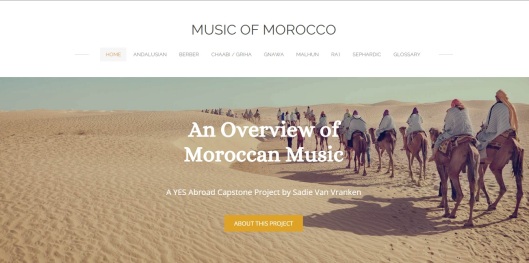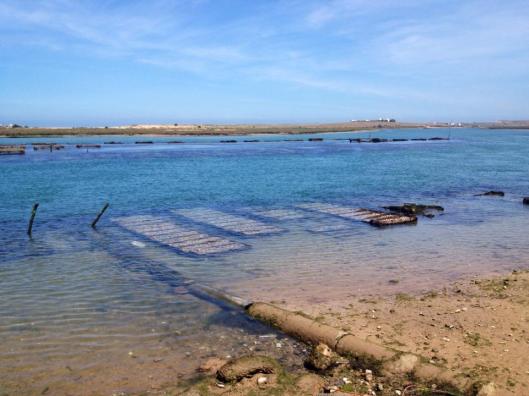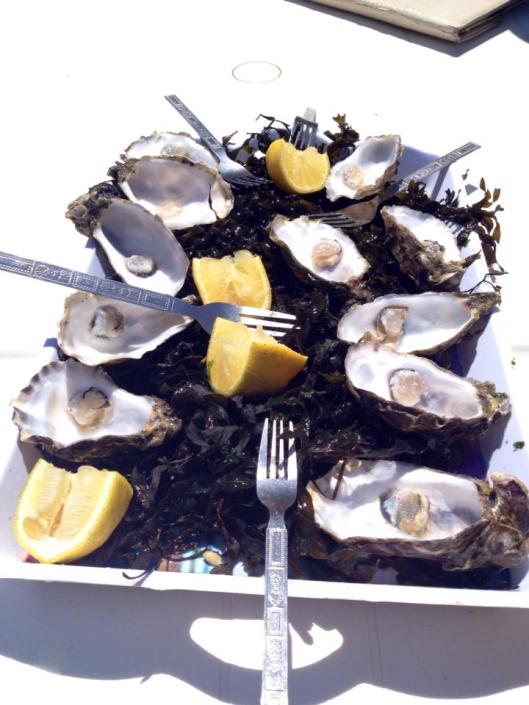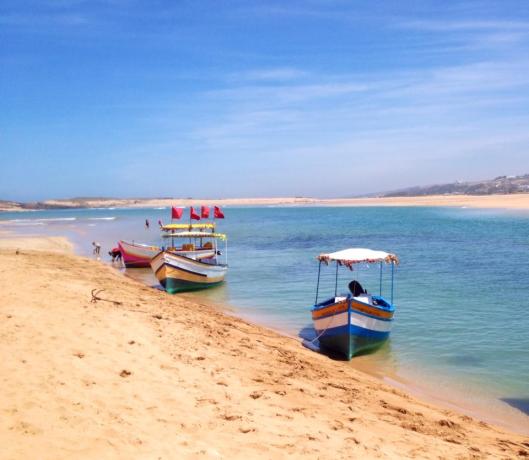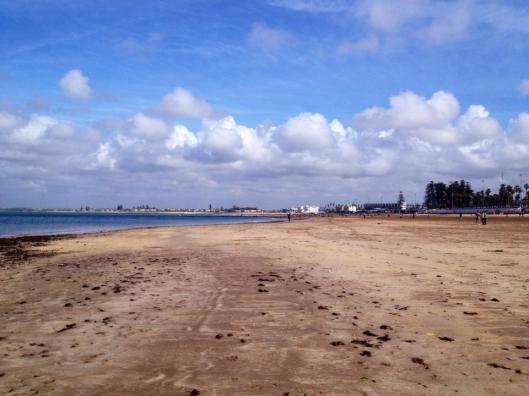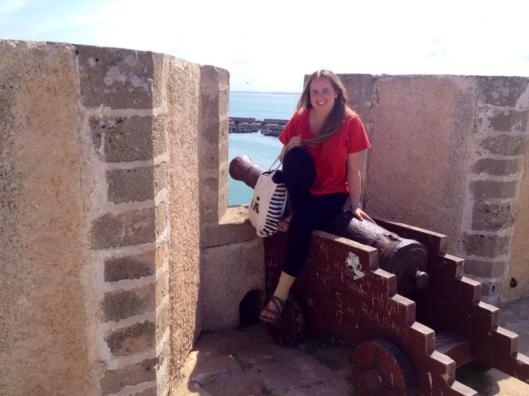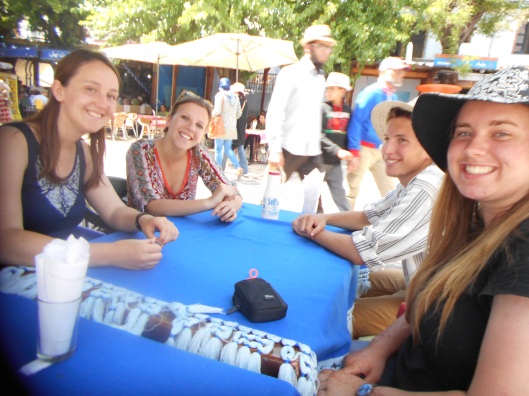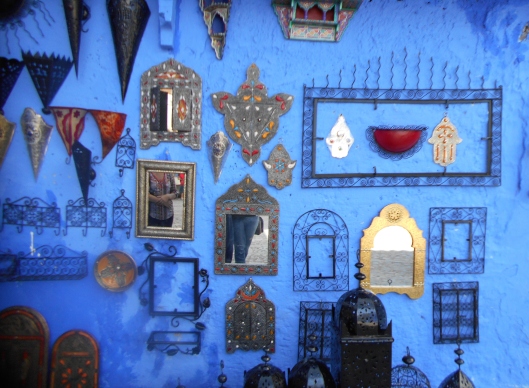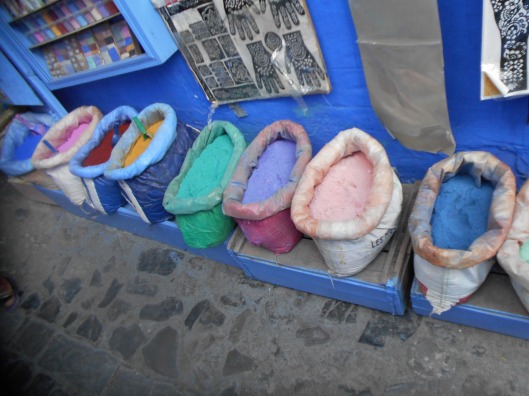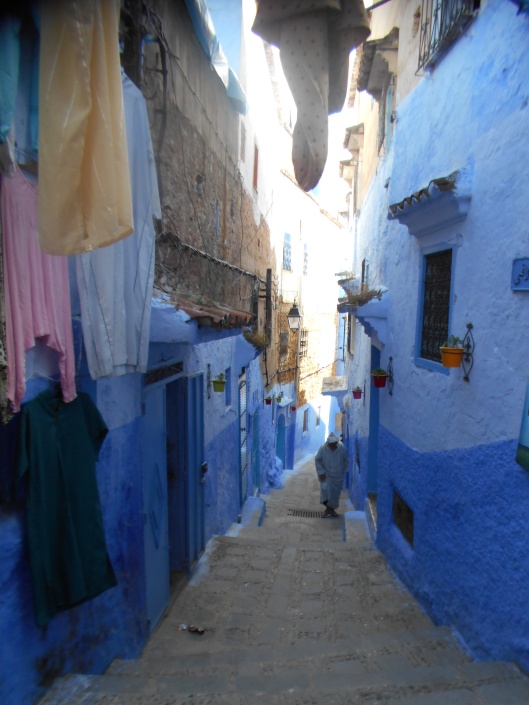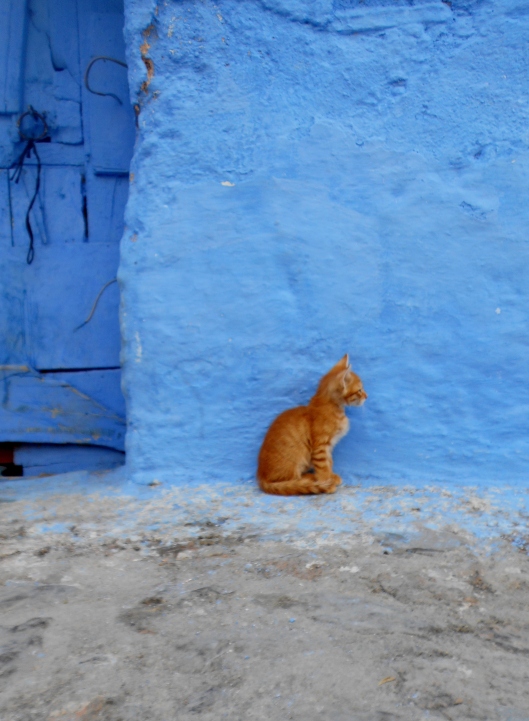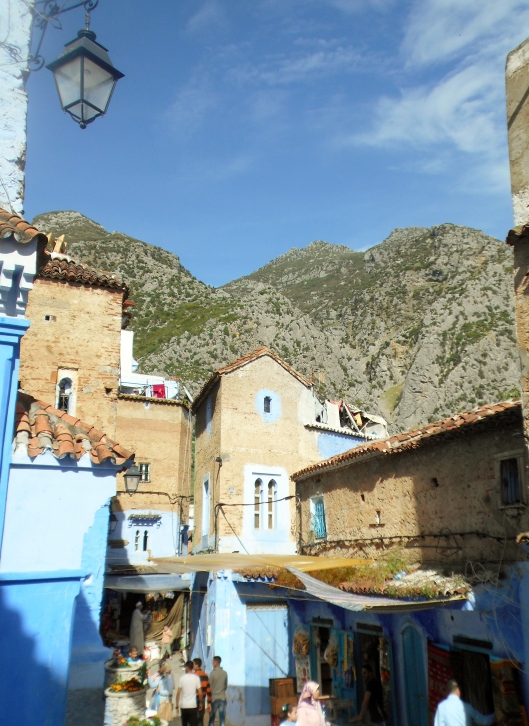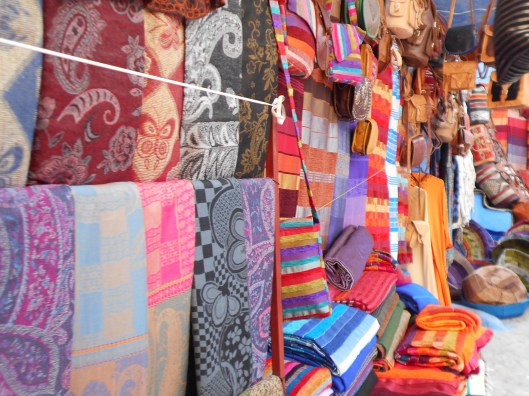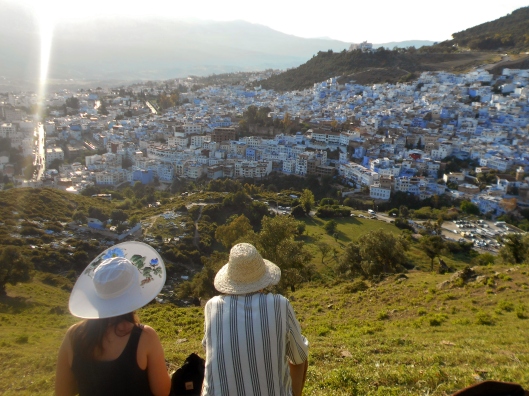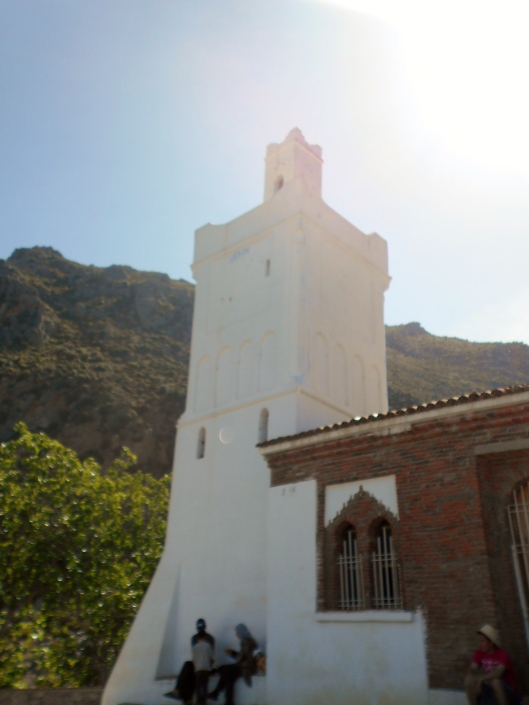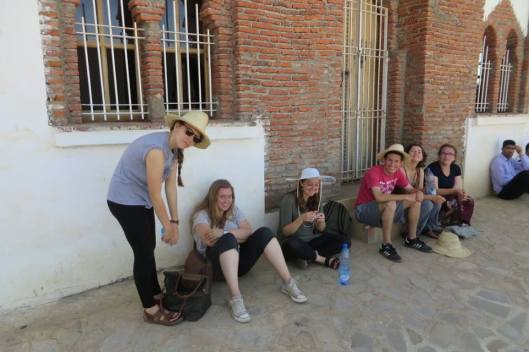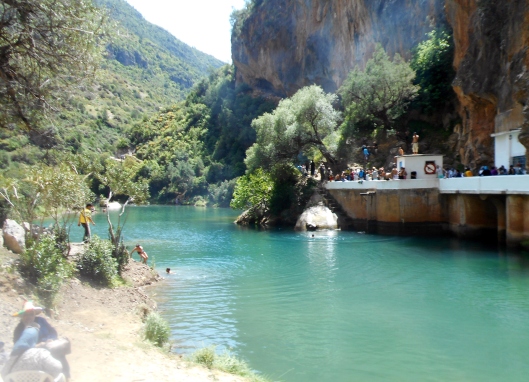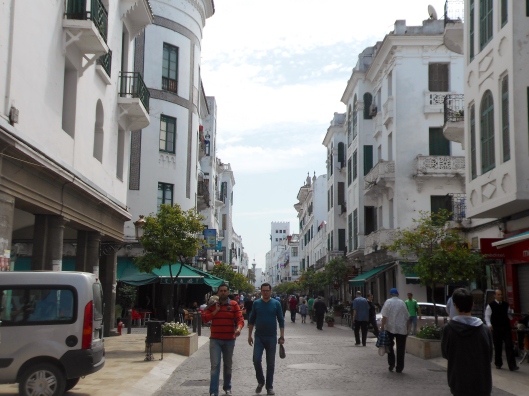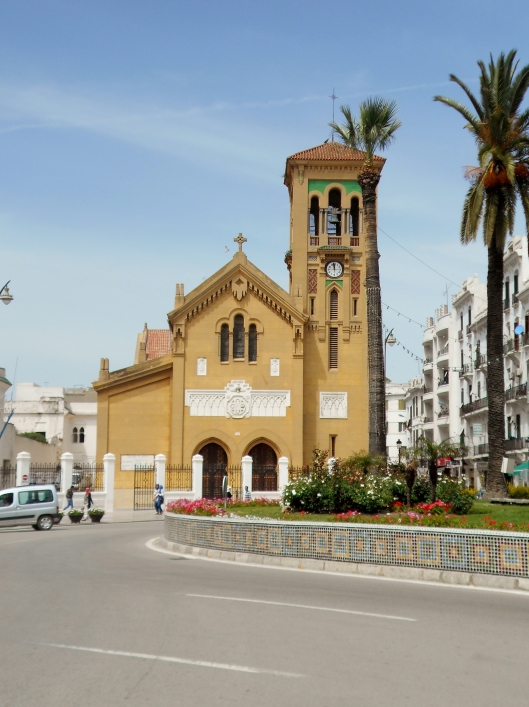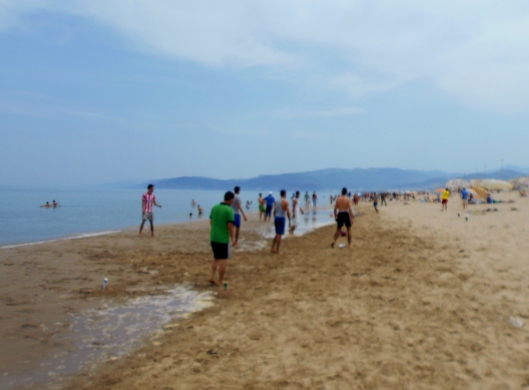Last night I was lying awake, unable to sleep. The music to a Moroccan violin song I learned to play in Morocco kept playing over and over in my head, complete with all the embellishments I had never dared to try. I moved my fingers to the music, letting myself remember it, pleased that I could still hear my teacher’s playing in my head. I have the sheet music to that song with me in America. My violin teacher wrote it out and gave it to me as a present at my lesson, telling me it was so “I could remember it always.” Last night, I started to think about those words. Remember it always.
At the time, I wasn’t sure what knowing one song in the Andalusian Moroccan style would do for me for the rest of my life. If there was ever an obsolete skill in America, that must be it. I figured I’d keep it as a memento, but the music would fade. But now I’m not so sure.
Of course it’s about more than a piece of music. My relationship with my violin teacher, who was so kind and patient, who admired me so much, who I admired so much, will stay with me in my head. My friends, the days filled drinking coffee, the sunset walks, all of the moments I never really understood wouldn’t last forever. And now that they’re done, I’m left to marvel at how much I can be changed in such a little time. I only got to have these experiences for one year, but I know now that they will stay with me for the rest of my life, always haunting me with ghosts of private jokes, precious moments, and important lessons.
Sometimes it’s good, sometimes it’s bad. At least three times a week I dream of leaving Morocco. Sometimes I arrive back home and am still with the people I knew in Morocco. Sometimes I’m lost in the airport. Sometimes I’m explaining in French what I’m doing and where I’m going. I still jump when someone runs up from behind me, a scar left over from a terribly frightening moment last October. I’m not sure these dreams and these scars will ever go away completely.
Morocco keeps changing in my head. Adventure to have, place that I live, people I miss, challenges I faced, doors that it opened- it has been all of that. And for the rest of my life it will continue to cycle- meaning different things each second, hovering on the edge of my consciousness, ready to be dragged to the forefront by some tiny trigger.
This fall, when I start learning Arabic in earnest, Morocco will take on a new dimension. If I get married, if I have kids, Morocco will change again. But it won’t ever go away. Just like my violin teacher asked me too, I will remember it always. All of it that I can, in anyway I can, at any moment I can. The ways Morocco lives on in my heart have the capacity to still change my life. So I’ll let it shine through, I’ll let it keep changing, and I’ll keep giving myself the space to remember.

